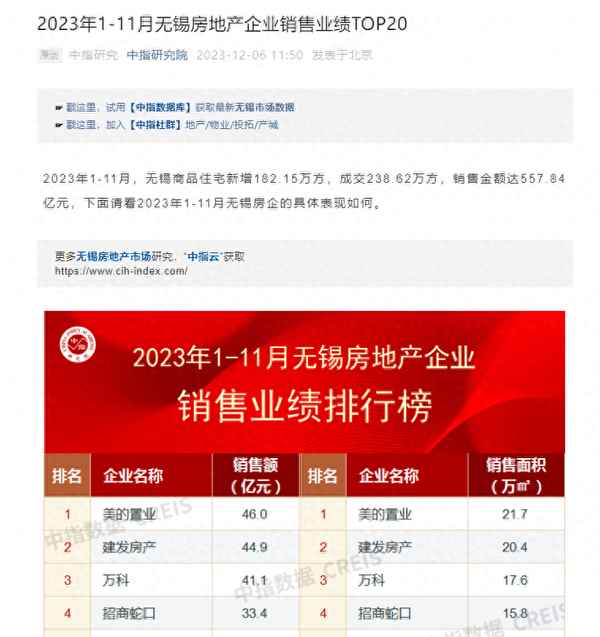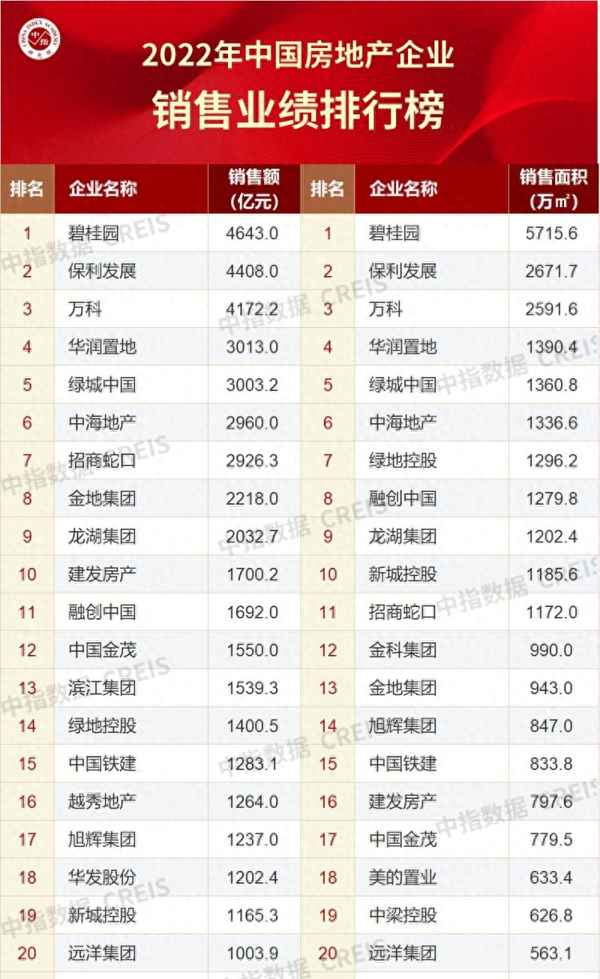汽车购置税、汽车购置税收费标准
汽车购置税改革最近成为 headlines in the automotive industry. With the introduction of new tax rates and the abolition of vehicle depreciation deductions, the tax system for car purchases has undergone significant changes. This article explores the implications of the tax reform and its impact on the automotive market.
1. Tax Rates and Structures
The new tax rates for car purchases range from 5% to 10%, with higher rates applied to premium vehicles. The new structure eliminates the vehicle depreciation deduction, making the tax burden more predictable for buyers. This change has led to a significant increase in demand for low-tax vehicles.
2. Market Dynamics
The tax reform has created new opportunities in the automotive market. Luxury and high-end vehicles are now more affordable due to the reduced tax burden. At the same time, budget-friendly models are becoming more competitive, offering value for money.
3. Consumer Behavior
The tax reform has influenced consumer purchasing patterns. Buyers are now prioritizing vehicles that offer good value for money, rather than solely focusing on brand prestige. This shift is expected to drive innovation in the automotive industry.
4. Policy Adjustments
The government has introduced a range of policy measures to support the automotive industry, including tax incentives for electric vehicles and research and development grants. These measures are designed to promote sustainable growth in the sector.

5. Future Outlook
The future of car购置税 looks promising. The tax reform is expected to boost demand for electric vehicles and alternative fuel cars. The automotive industry is well-positioned to capitalize on these trends, with a focus on innovation and sustainability.
In conclusion, the new car购置税 system represents a significant shift in the automotive industry. By introducing new tax rates and structures, the government has created new opportunities for growth and innovation. Consumers are now making purchasing decisions based on value for money, while the industry is poised to adapt to these changes. The future of car购置税 looks bright, with a focus on sustainability and innovation.







